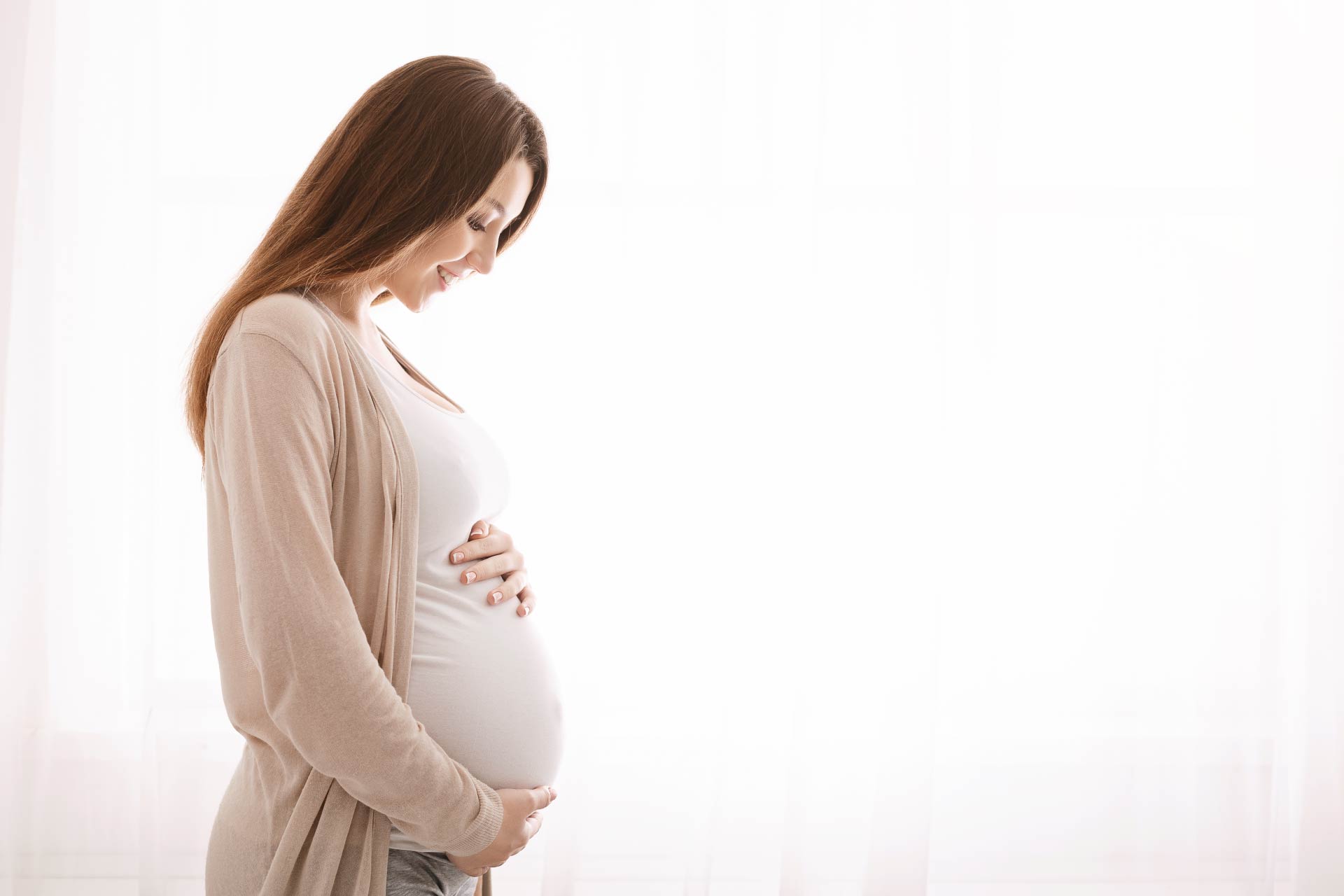• Fetal microbes
• GLong-lasting memory
What is already known on this topic
Our immune system starts to develop early during fetal life. Several studies have recently detected microbes in the human placenta and in fetal samples, but if microbes are present in the uterus and whether they could prime the immune system against pathogens remains unclear.What this research adds
To identify exposure to microbial agents during gestation and assess how that exposure helps to activate immune cells in fetal tissues, researchers profiled microbes across different fetal organs. They detected microbes in the fetal gut, skin, placenta, and lungs during the second trimester of gestation. Several bacteria, including Staphylococcus and Lactobacillus, triggered the activation of memory immune cells in fetal lymph nodes, which suggests that the fetal immune system had been already primed with bacterial antigens — substances that induce immune cells to produce antibodies.Conclusion
The findings suggest that microbes are present in fetal tissues and they can prime the fetal immune system, creating a “microbial memory” during early fetal life.
Our immune system starts to develop well before we are born. Now, researchers have found that microbes in fetal tissues can create a “microbial memory” that primes the immune system against pathogens.
The findings, published in Cell, could help to better understand the development of the human immune system and how immunity is established before birth.
Scientists have known that the immune system starts to develop early during fetal life, and previous studies have detected microbes in the human placenta and in fetal samples. But if microbes are present in the uterus and whether they could prime the immune system against pathogens remains unclear.
To identify exposure to microbial agents during gestation and assess how that exposure helps to activate immune cells in fetal tissues, Florent Ginhoux at Singapore Immunology Network and his colleagues profiled microbes across different fetal organs.
Fetal microbes
In the fetal tissues, the researchers identified different types of immune cells such as T-helper cells — white blood cells that activate the immune response — and killer T cells, which destroy infectious particles. The team also identified significant levels of memory T cells in various fetal tissues, including the gut, lung, skin, and liver. The findings suggest that the presence of antigens — substances that induce immune cells to produce antibodies — had driven the formation of activated T cells within the fetal organs, the researchers say.
Indeed, they found seven bacterial genera, including Flavobacterium, Lactobacillus, and Staphylococcus, enriched in fetal tissues, and especially in gut samples. Bacteria from fetal samples were viable and could be grown in a dish, the researchers found.
Further experiments showed that these bacteria induced the expansion fetal memory T cells. Scientists have known that these cells are quickly converted into large numbers of killer and helper T cells once they’re exposed a second time to a specific antigen, helping to provide a fast response to past infection. So, the findings suggest that bacterial exposure to microbes in the womb contributes to immune memory activation.
Long-lasting memory
Next, the researchers investigated if the effect on T cell activation observed after exposure to microbes was caused by specific bacterial antigens. To do so, they exposed fetal immune cells to Staphylococci, since these bacteria are common in the fetal gut. Bacterial antigens alone were sufficient to trigger the proliferation of T cells, which suggests that fetal immune cells have a memory response toward microbial antigens first encountered in the womb.
The findings show that, already in the second trimester of gestation, healthy human fetal tissues contain bacteria and an active memory immune response toward those bacteria. “Our study demonstrates for the first time that such microbial presence primes the fetal immune system, thereby putting early microbial memory in the context of fetal immune priming, a concept not explored before in fetal immunity,” the researchers say.
Future studies should explore how immune cells in fetal organs can protect against pathogenic microbes during neonatal and adult life, the authors say.











